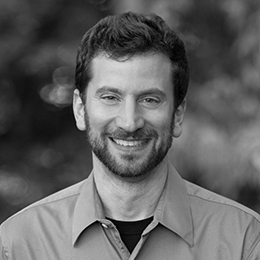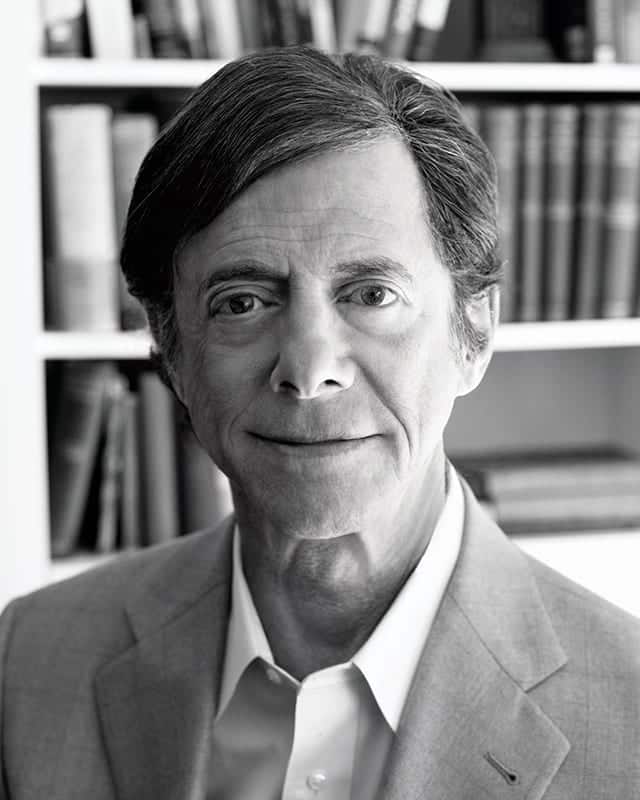Creationism in Camouflage: The “Intelligent Design” Deception
For decades creationists have sought to replace evolution with the book of Genesis. But defenders of evolution have consistently prevailed in the schools and the courts of law. This struggle for intellectual survival has led to the evolution of a new “species” of creationist, better adapted to its inhospitable environment. The new Creationism goes by the name “Intelligent Design” and poses a greater danger than old-style creationism. In this talk Dr. Lockitch will examine the Intelligent Design movement focusing on its similarities and differences with standard creationism. By hiding its religious nature in a cloak of pseudo-science, the movement seeks to make itself more palatable to intellectuals and the general public. And because the collapse of philosophy has left today’s academics — including the most passionate and vocal defenders of evolution — incapable of answering its most fundamental arguments, the doors of our colleges and schools are ominously open to primitive mysticism masquerading as science. (Recorded November 17, 2005.)





